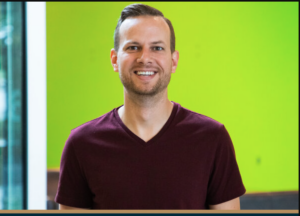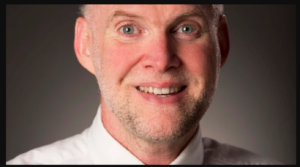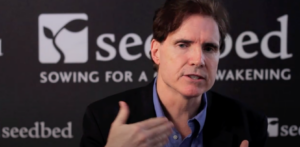Reputable organizational developers agree on this: trust breeds organizational health; without it, an organization has nothing on which to build. Trust is the foundation on which sustainable strategies are built and the link to meaningful connection.
Trust begins with transparency. A colleague at 12Stone Church in Atlanta once said, “Trust requires shortcomings without secrets. You can’t be on the team and hide things.” This is why spiritual formation in community is so important. We learn to normalize conversations about the state of our souls. Put these conversations in the “wise as serpents” category. By spending time on relational connection and by challenging one another to accountability, we not only to grow spiritually but keep dysfunction from stunting Kingdom-minded initiatives and burning out good people.
Building dynamic, strategic teams and communities begins with trust and transparency. Time spent making sure this happens is never wasted time.
Sometime back, I was with someone who told me he was just “not feeling it” lately where his connection to his faith community is concerned. He has felt disengaged spiritually from his faith community. I listened for a while, then asked a couple of strategic discipleship questions. I asked about his sin, and also about his spiritual disciplines. Turns out, he is dealing with chronic unresolved sin, and is not disciplined in his personal prayer and scripture time. He wanted to externalize his sense of disconnection, making it a church issue. It isn’t. His issue is on him. And because he is a ministry leader, his choices affect the health of his community. His sin isn’t really just his; it affects everything he is connected to.
Sin is always systemic. And sin always means to erode our trust in God and each other. And because trust requires healthy boundaries and mutual accountability, it is necessarily connected to freedom. This is counterintuitive but true: If trust requires accountability, then accountability breeds freedom.
In his book, Culture of Honor, Danny Silk writes, “At the heart of [a] culture [of honor] is a value for freedom. We don’t allow people to use this freedom to create chaos. We have boundaries, but we use these boundaries to make room for a level of personal expression that brings what is really inside of people to the surface. When people are given choices, it reveals the level of freedom they are prepared to handle.”
It is just so easy to forget we have a choice. This is an important principle to internalize. When both leaders and community members acknowledge that we are not victims, nor manipulators, we begin to make better decisions and hold more mature conversations.
Healthy, God-honoring cultures provide the kind of accountability that refuses room for a victim mentality.
We are not victims — in our work, in our relationships, in our choices. Isn’t that a glorious truth? We have the freedom and power to refuse shame, be honest, and make changes. As we learn the art of making holy choices, we become trustworthy people. As we build trust, we build community.
Ministry leaders, how are you building a culture of trust, honor, accountability and mature choice among your teams? It begins with you. How are you progressing spiritually? Which of your issues — that you are complaining about and blaming others for — are actually on you? As a leader in the church, you are expected to acknowledge that and make progress by dealing with sin and leaning into discipline.
If your frustrations are primarily rooted in your ministry, how are you actively addressing that? Is your face set enthusiastically and faithfully toward the work for which you’re paid? Where are you passively disappointed or frustrated? Remember: our work is not to “get things done.” Our work is to put people in position to get their lives transformed. Is your posture toward your people both trusting and trustworthy?
Sowing seeds of trust and freedom into our communities will produce a great harvest of Kingdom-minded churches and mature followers of Jesus. And because this is the desperate need of the world today, it worth our earnest pursuit.








